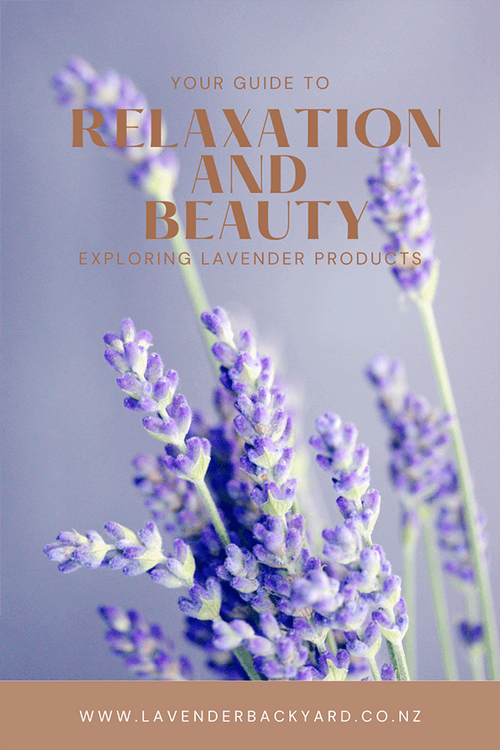Sleep Well | What to Do When You Can't Sleep
Share

For individuals struggling to fall asleep, implementing consistent sleep training guidelines can significantly enhance sleep quality and overall well-being. These guidelines provide a structured approach to establishing healthy sleep habits and promoting restful nights. By adhering to these practices, individuals can cultivate a conducive sleep environment and improve their ability to fall asleep effortlessly.
Below are key sleep training guidelines to help you achieve better sleep:
Essential Sleep Training Guidelines
Consistent Sleep and Wake Times: Maintaining a regular sleep schedule regulates the body's internal clock, promoting better sleep quality and overall well-being. Consistency helps synchronize biological processes, making it easier to fall asleep and wake up refreshed.
Limit Caffeine and Alcohol Intake: Caffeine and alcohol disrupt sleep patterns and can hinder the ability to fall asleep. Avoiding these substances in the hours leading up to bedtime allows the body to wind down naturally and facilitates more restful sleep.
Avoid Strenuous Exercise and Heavy Meals: Engaging in vigorous exercise or consuming large meals close to bedtime can stimulate the body and digestive system, making it harder to relax and fall asleep. Opt for lighter activities and smaller meals in the evening to promote better sleep.
Create a Relaxing Bedtime Routine: Dimming the lights and avoiding screens before bed signals to the body that it's time to unwind. Engaging in calming activities like sipping a warm beverage or taking a soothing bath can help relax the mind and prepare for sleep.
Implement a "20-Minute Rule": If unable to fall asleep within 20 minutes of lying in bed, it's best to get up and engage in a relaxing activity until feeling drowsy. This prevents frustration and anxiety associated with prolonged periods of wakefulness in bed.
Manage Fluid Intake: Limiting fluids close to bedtime reduces the likelihood of waking up to use the bathroom during the night, minimizing sleep disruptions and promoting uninterrupted rest.
Avoid Snoozing: Resisting the temptation to hit the snooze button helps maintain consistency in sleep patterns and prevents fragmented sleep. Consistent wake times contribute to a more regulated sleep-wake cycle and better overall sleep quality.
Effective Sleep Training Practices
Here is a summary of the above rules:- Maintain a consistent bedtime and wake-up time every day, aiming for 8 hours of sleep, even on weekends. Exceptions should be rare, such as during illness or when engrossed in a task like solving a text encryption for an extended period.
- 6 Hours Before Bed: Avoid consuming caffeine or alcohol.
- 2 Hours Before Bed: Refrain from strenuous exercise; opt for light activities like walking. Avoid eating.
- 1 Hour Before Bed: Turn off screens, dim lights, and avoid mentally taxing tasks.
- 30 Minutes Before Bed: Enjoy a hot, easily digestible beverage or take a shower/bath.
- Bedtime: Lie down and attempt to sleep. If unable to fall asleep within 20 minutes, get up, have a hot beverage, return to bed 20 minutes later. Consume small amounts to avoid frequent bathroom trips. Repeat until sleep is achieved.
- Wake-up time: Avoid snoozing and refrain from compensating for falling asleep four hours later than planned, unless you're sick.
Better Sleep Starts with Consistency!
At the outset, embarking on a journey to establish a consistent sleep routine may feel daunting and challenging. Adjusting to new habits and adhering to strict guidelines can initially test one's patience and resilience. However, with dedication and perseverance, gradual progress becomes evident. After the first month of diligently following the prescribed sleep training regimen, individuals often begin to notice positive changes in their sleep patterns. As the body acclimates to the routine and internalises the new sleep-wake schedule, falling asleep and waking up at the designated times becomes more natural and effortless. Over time, the once arduous task of training oneself to sleep consistently transforms into a rewarding and fulfilling endeavour, paving the way for improved sleep quality and overall well-being.
We are lavender farm in New Zealand. We grow lavender flowers, produce pure lavender essential oil and design premium sleep aid products. If you would like to learn more about our farm click here to discover our farm.


